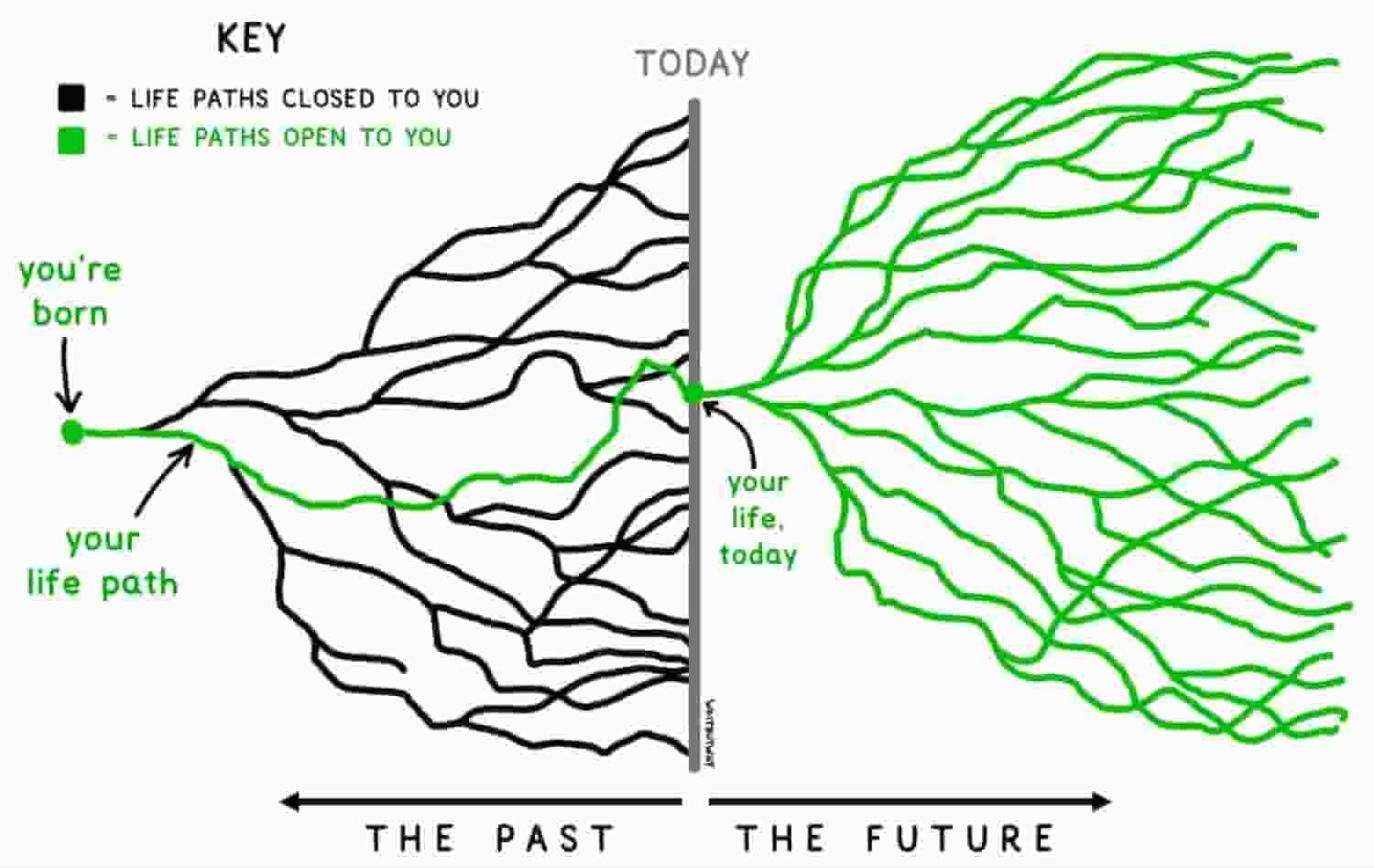The Power Of No: Why You Need To Say “No” More
“The difference between successful people and really successful people is that really successful people say no to almost everything.”
Time is your most important asset. It can’t be replenished, it can’t be stored for use later, and once it’s gone… it’s gone for good.
That’s why you have to learn to say NO. If you don’t, other people’s priorities will become yours. And you’ll constantly wonder why you don’t have enough time or energy to build something for yourself.
Derek Sivers: Hell Yes Or No.
Author and entrepreneur Derek Sivers has as simple way to filter opportunities. If you’re not jumping up and screaming “hell yes!” when you first hear about it, then say no.
This is because if you’re not really enthusiastic at the beginning, there’s almost no chance you’re going to be pumped about it in the middle or the end. So don’t do it.
Sivers writes on his blog:
“When deciding whether to do something, if you feel anything less than ‘Wow! That would be amazing! Absolutely! Hell yeah!’ — then say no. When you say no to most things, you leave room in your life to really throw yourself completely into that rare thing that makes you say ‘HELL YEAH!’… We’re all busy. We’ve all taken on too much. Saying yes to less is the way out.”
This could relate to all sorts of things: business opportunties, meetings, new projects with friends, events in your area. If you’re not babbling about how awesome this is and how excited you are, skip it.
There’s a project out there just for you. But you have to keep your slate clean enough to notice it and then jump on it when it comes.
Warren Buffett: Wait For The Fat Pitch.
Warren Buffett and Charlie Munger built their fortunes by saying no to virtually everything.
You can imagine how many opportunities they evaluate weekly, and yet they say no to the vast majority of them.
That’s because they have the discipline to stick within their well defined circle of competence, and only swing when they get a “fat pitch” - something they are extremely comfortable with, have likely seen before, and can anticipate the outcome landing in their favor.
They focus only on opportunities where the downside is limited and the upside significant, and where probability tells them that the upside scenario is most likely to play out. As Warren Buffett writes:
“The difference between successful people and really successful people is that really successful people say no to almost everything.”
And they do this again and again and again into their 90s. They are still doing it. That’s discipline. That’s saying no to virtually everything else. And that’s the key to their success.
Mohnish Pabrai: Patience Is Your Superpower.
Value investor Mohnish Pabrai follows the same rule. As an avid follower of Buffett, he has this to say about the power of saying no:
“The single biggest advantage a value investor has is not IQ. It’s patience and waiting. Waiting for the right pitch, and waiting many years for the right pitch.”
Patience is universally underrated. The ability to wait patiently first for an opportunity, and then for an outcome you believe is likely to play out over the course of several years is the difference between small wins and massive victories.
Naval Ravikant: If You Can’t Decide, The Answer Is No.
This model is one of my favorites because it’s dead simple to remember.
“If you can’t decide, the answer is no.”
Naval Ravikant advises that if you are undecided about a major decision like getting married, taking a job, buying a house, moving to a new city, etc., don’t do it.
You don’t want to lock yourself into something if you’re undecided because you actually have far more options than you think you do.
Here’s Naval explaining his model in the book, The Almanack of Naval Ravikant, (edited by Eric Jorgenson):
“If you cannot decide, the answer is no. And the reason is, modern society is full of options. There are tons and tons of options. We live on a planet of seven billion people, and we are connected to everybody on the internet. There are hundreds of thousands of careers available to you. There are so many choices. You’re biologically not built to realize how many choices there are.”
We tend to underestimate the sheer number of potential paths our lives could take. Tim Urban tweeted this photo:
With the caption: “We think a lot about those black lines, forgetting that it’s all still in our hands.”
Don’t lock yourself into a path you aren’t super excited about. There are so many more you could take that will light you up. So say NO more as you wait for your “hell yes.”
And keep going.
If You Want More Content Like This, Follow Me On Twitter And Subscribe To My Newsletter:
SOURCES
Jorgenson, Eric. The Almanack of Naval Ravikant: A Guide to Wealth and Happiness (p. 191). Magrathea Publishing. Kindle Edition.
Here’s Derek Sivers site: https://sive.rs/
Here’s Naval Ravikant’s site: https://nav.al/
Here’s Eric Jorgenson’s site: https://www.ejorgenson.com/
Here’s Tim Urban’s site: https://waitbutwhy.com/





